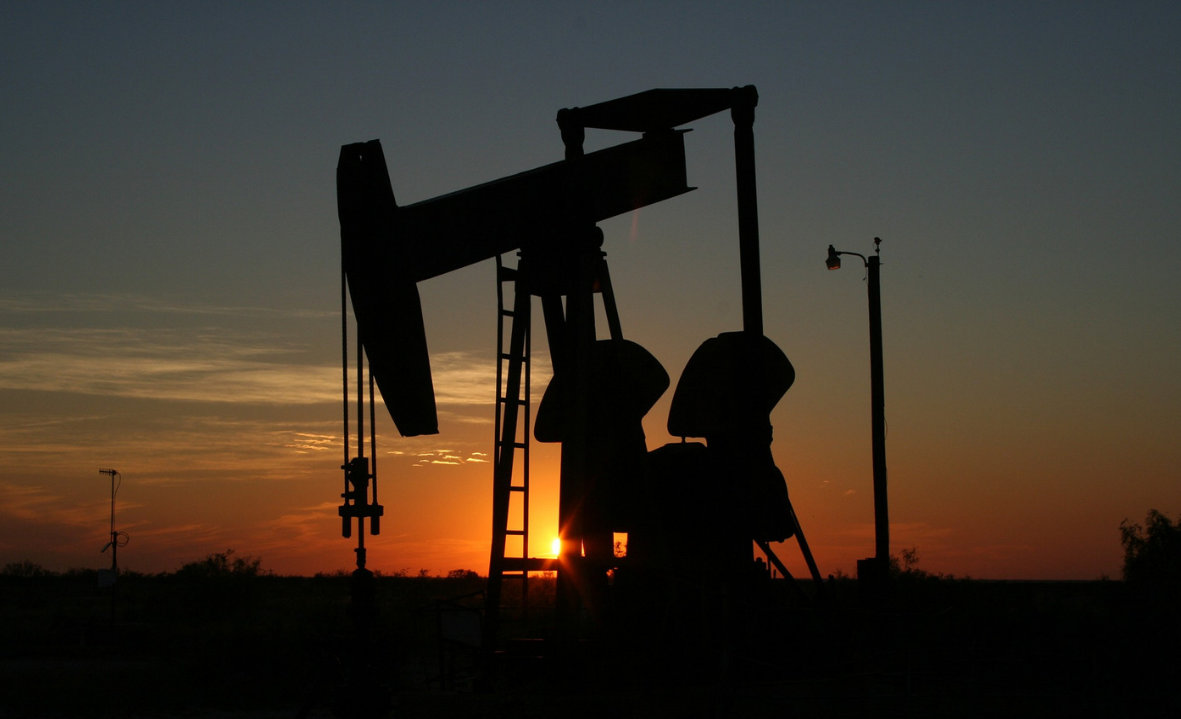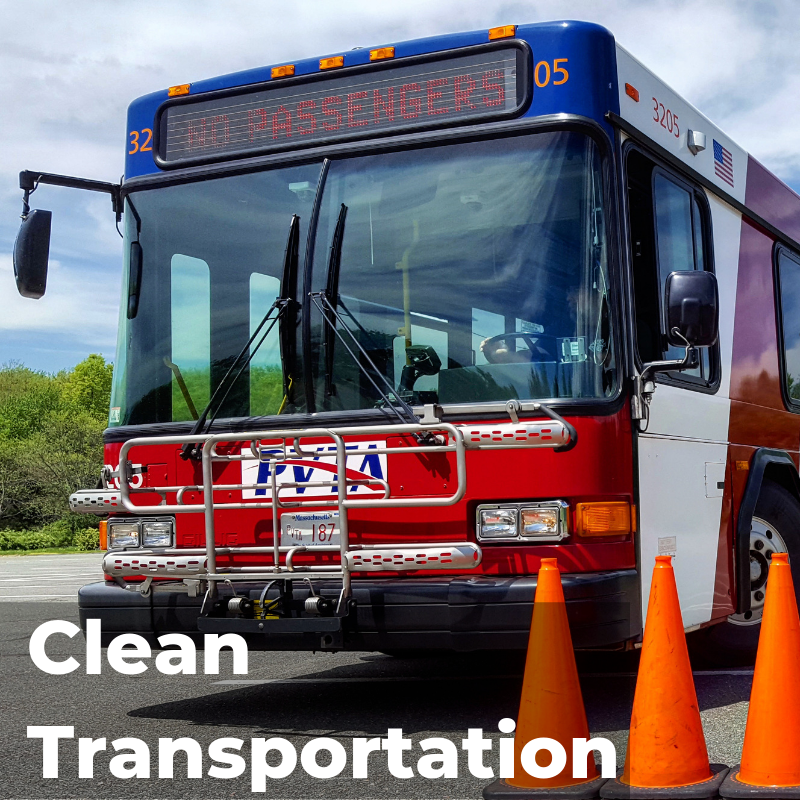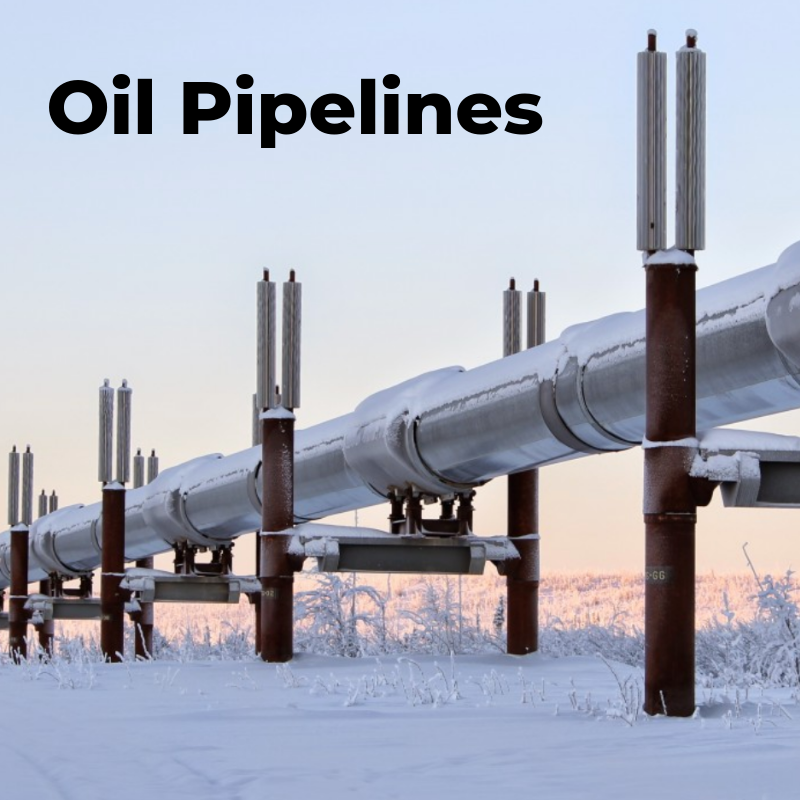Our dependence on oil has disastrous consequences
1) It contributes to climate change. Oil burning releases carbon dioxide into the atmosphere, a greenhouse gas that contributes to climate change. In fact, the transportation sector (which runs almost entirely on oil) contributes about 28% of the US’s total anthropogenic greenhouse gas emissions. In the United States, emissions from the transportation sector have surpassed those from the electric sector. Oil companies don’t have to pay for any of the side effects of their carbon emissions — we do, through impacts on our health and climate.
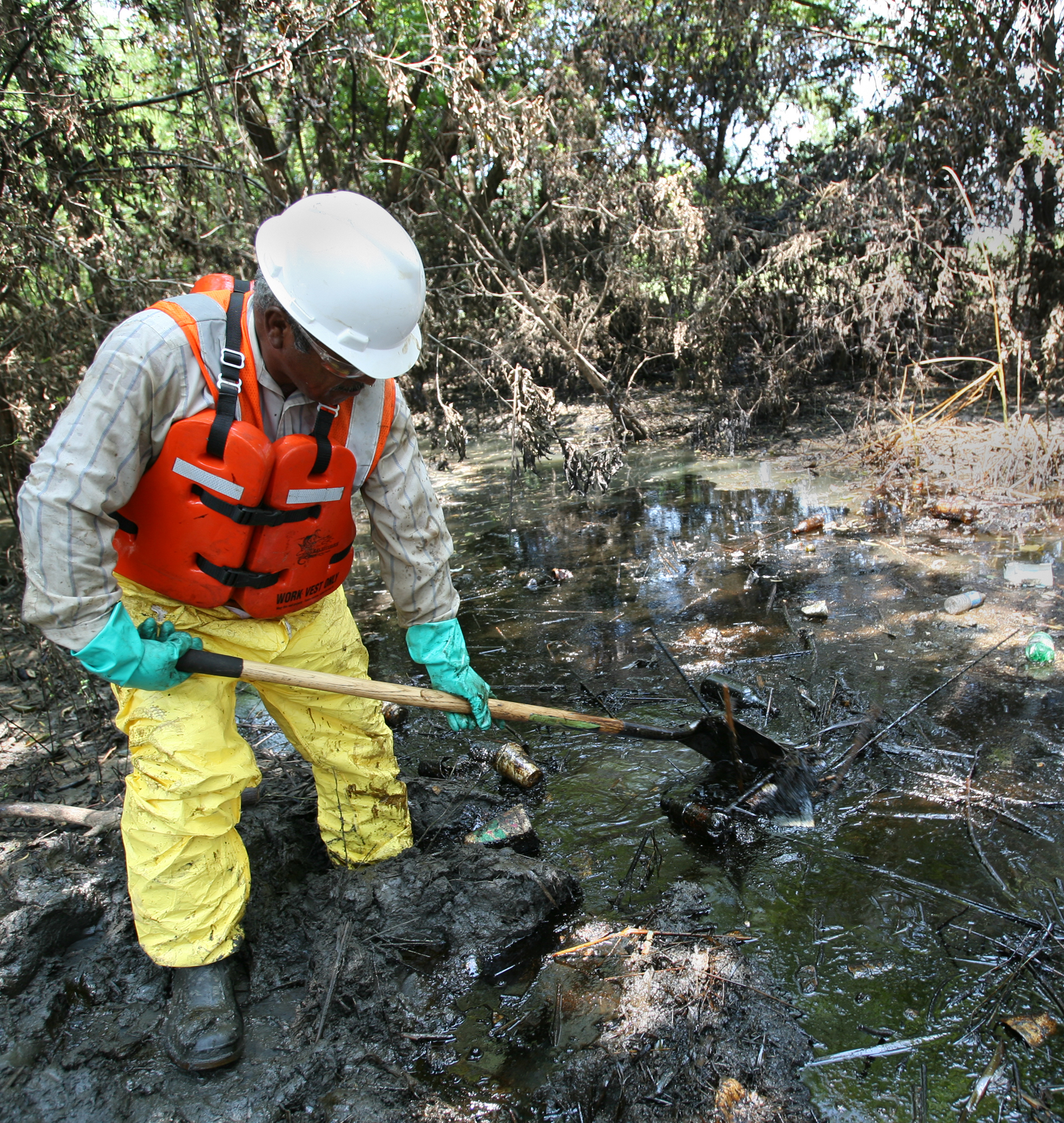 2) It harms the environment. Aside from the devastating effects due to climate change, oil production and consumption directly harms our planet’s ecosystems. Big Oil’s offshore drilling (along with corporate greed, negligence, and outright disregard) has resulted in oil spills such as the BP Deepwater Horizon Disaster that released 168 million gallons of oil into the Gulf of Mexico, damaging wetlands, marshes, beaches, and aquatic life. But oil spills affect Wisconsin too. Enbridge oil pipelines, some of which run through Wisconsin, have spilled millions of gallons and destroyed large swaths of ecosystems, and they are particularly vulnerable to spills in the near future. Ozone pollution also damages plants of all types, including crops that we rely on for food in Wisconsin. And Big Oil spends millions of dollars on lobbying and donations to politicians in order for looser regulations that allow them to pollute our shared natural resources.
2) It harms the environment. Aside from the devastating effects due to climate change, oil production and consumption directly harms our planet’s ecosystems. Big Oil’s offshore drilling (along with corporate greed, negligence, and outright disregard) has resulted in oil spills such as the BP Deepwater Horizon Disaster that released 168 million gallons of oil into the Gulf of Mexico, damaging wetlands, marshes, beaches, and aquatic life. But oil spills affect Wisconsin too. Enbridge oil pipelines, some of which run through Wisconsin, have spilled millions of gallons and destroyed large swaths of ecosystems, and they are particularly vulnerable to spills in the near future. Ozone pollution also damages plants of all types, including crops that we rely on for food in Wisconsin. And Big Oil spends millions of dollars on lobbying and donations to politicians in order for looser regulations that allow them to pollute our shared natural resources.
3) It hurts our health. Oil consumption also pollutes the air we breathe, leading to an alarming amount of health problems. Tailpipe exhaust from cars and other vehicles release toxic air pollutants that lead to 60,000 premature deaths each year in the US. Just living close to a major road increases the likelihood of cancer, heart disease, COPD, asthma attacks, dementia, and even premature death. And children living near busy roads are eight times more likely to get leukemia. Air pollution’s toxic health effects also disproportionately affect low-income Americans and minorities.
4) It leads to geopolitical conflicts, wars, and instability. Much of the oil consumed in the US (and Wisconsin) comes from other countries, and importing oil compromises our national security by entangling our fate with undemocratic or unstable oil-rich countries. And since most of the world’s oil reserves are located in volatile regions, fluctuations in oil production there can have severe effects domestically.
5) It’s bad for our pocketbooks. The average US consumer spends almost $2000 a year on gasoline and other fuels. And meanwhile, oil companies post record profits of billions of dollars. But it’s not just the upfront expenses that hurt us — the hidden costs of dealing with oil-driven climate change, environmental damage, and air pollution are enormous. For example, air pollution from road transportation costs the US as much as $250 billion a year in welfare loss, due to deaths, loss of earnings, and healthcare expenses.
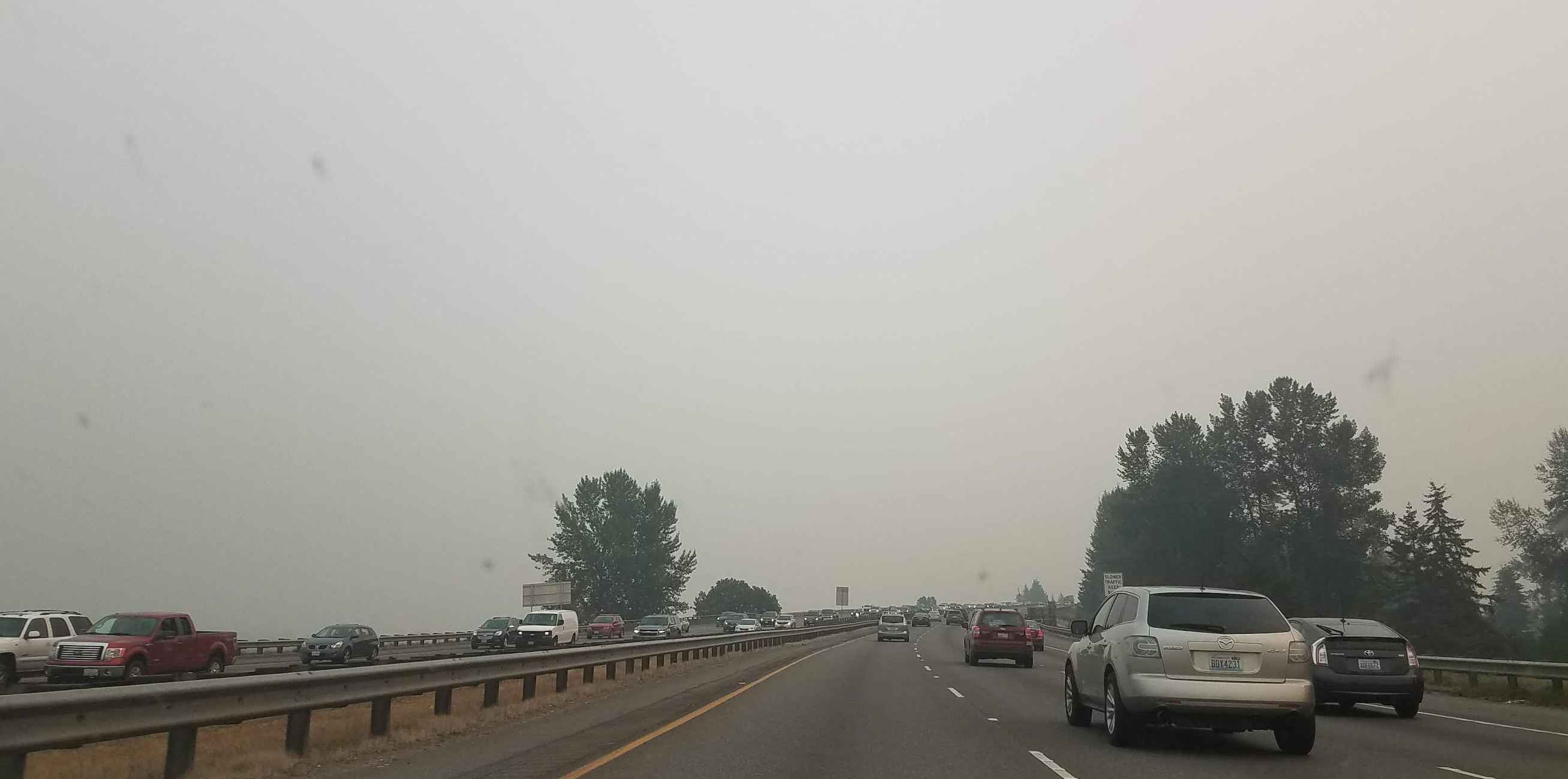
Our transportation system fuels this problem
The United States consumes more oil than any other country in the world, guzzling over 838 million gallons of oil each day. That’s the equivalent of filling up 50 Olympic-sized swimming pools of oil each hour, which adds up to more than twice the volume of Lake Erie in just a year. And our excessively high consumption isn’t just because we have a lot of people — we make up only about 4.4% of the world population, yet use a fifth of the world’s total oil.
And the main culprit for this extreme consumption? The transportation industry. It uses the vast majority of this oil — nearly 92%. Cars fill up on gasoline, trucks rely on diesel, and planes burn jet fuel — and all of these products come from oil. For more specifics, please click on the links below:
